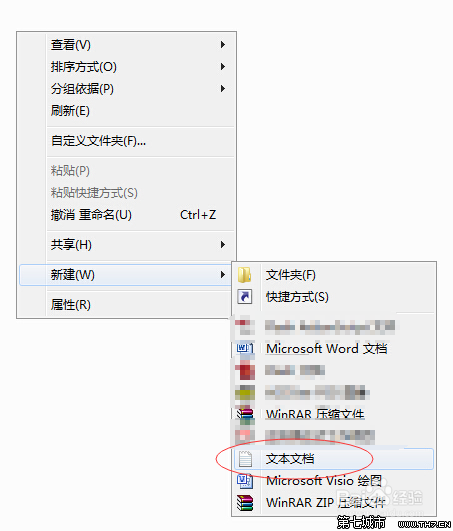萬盛學電腦網 >> Linux教程 >> linux獲取文件系統信息的腳本代碼
linux獲取文件系統信息的腳本代碼
源碼如下:
#include
#include
#include
#include
//文件系統信息結構體
struct fileSystem_info{
char fileSystem_format[8];
char fileSystem_total_capacity[11];
char fileSystem_free_capacity[11];
char fileSystem_permissions[3];
};
/*獲取文件系統信息*/
int get_fileSystem_info(const char *fileSystem_name, struct fileSystem_info *fi);
/*block to kbyte*/
static unsigned long kscale(unsigned long m_block, unsigned long m_kbyte);
/*convert size to GB MB KB*/
static char *convert_size(float m_size, char *dest);
int main()
{
char buf[1024];
struct fileSystem_info fileSysInfo;
get_fileSystem_info("/",&fileSysInfo);
printf("%s\n",fileSysInfo.fileSystem_format);
printf("%s\n",fileSysInfo.fileSystem_free_capacity);
printf("%s\n",fileSysInfo.fileSystem_total_capacity);
printf("%s\n",fileSysInfo.fileSystem_permissions);
return 0;
}
/*獲取文件系統信息*/
int get_fileSystem_info(const char *fileSystem_name,struct fileSystem_info *fi)
{
struct statfs buf;
float fileSystem_total_size = 0;
float fileSystem_free_size = 0;
if(statfs(fileSystem_name,&buf))
{
fprintf(stderr,"statfs %s\n",strerror(errno));
return -1;
}
switch(buf.f_type)
{
case 0xEF51:
case 0xEF53:
sprintf(fi->fileSystem_format,"EXT");
break;
case 0x4d44:
sprintf(fi->fileSystem_format,"FAT");
break;
case 0x5346544e:
sprintf(fi->fileSystem_format,"NIFS");
break;
default:
sprintf(fi->fileSystem_format,"unknown");
break;
}
bzero(&fi->fileSystem_total_capacity,sizeof(fi->fileSystem_total_capacity));
bzero(&fi->fileSystem_free_capacity,sizeof(fi->fileSystem_free_capacity));
printf("blocks %ld\n",buf.f_blocks);
printf("bfree %ld\n",buf.f_bfree);
printf("bsize %ld\n",buf.f_bsize);
fileSystem_total_size =
(float)(kscale(buf.f_blocks, buf.f_bsize));
fileSystem_free_size =
(float)(kscale(buf.f_bfree, buf.f_bsize));
printf("total %f\n",fileSystem_total_size);
printf("free %f\n",fileSystem_free_size);
convert_size(fileSystem_total_size,fi->fileSystem_total_capacity);
convert_size(fileSystem_free_size,fi->fileSystem_free_capacity);
bzero(fi->fileSystem_permissions,sizeof(fi->fileSystem_permissions));
sprintf(fi->fileSystem_permissions,"rw");
return 0;
}
/*block to kbyte*/
static unsigned long kscale(unsigned long m_block, unsigned long m_kbyte)
{
return ((unsigned long long) m_block * m_kbyte + 1024 / 2 ) /1024;
}
/*convert size to GB MB KB*/
static char *convert_size(float m_size, char *dest)
{
if((((m_size / 1024.0) / 1024.0)) >= 1.0)
{
sprintf(dest,"%0.2fGB",(m_size/1024.0)/1024.0);
}
else if((m_size / 1024.0) >= 1.0)
{
sprintf(dest,"%0.2fMB",(m_size/1024));
}
else
{
sprintf(dest,"%0.2fKB",m_size);
}
return dest;
}
總結:
1、關於 struct statfs 結構體信息參考:http://blog.csdn.net/u011641885/article/details/46919027
2、對於fileSystem_total_size 使用float 類型,是為了精確度更高。buysbox 中的 fdisk 源碼使用的是整型相除,約為4捨五入。
3、kscale 函數中 使用 unsigned long long 類型 是因為 m_block 與 m_byte 原本是long 型,相乘的結果超出了 long 類型的可以表示數據位。



